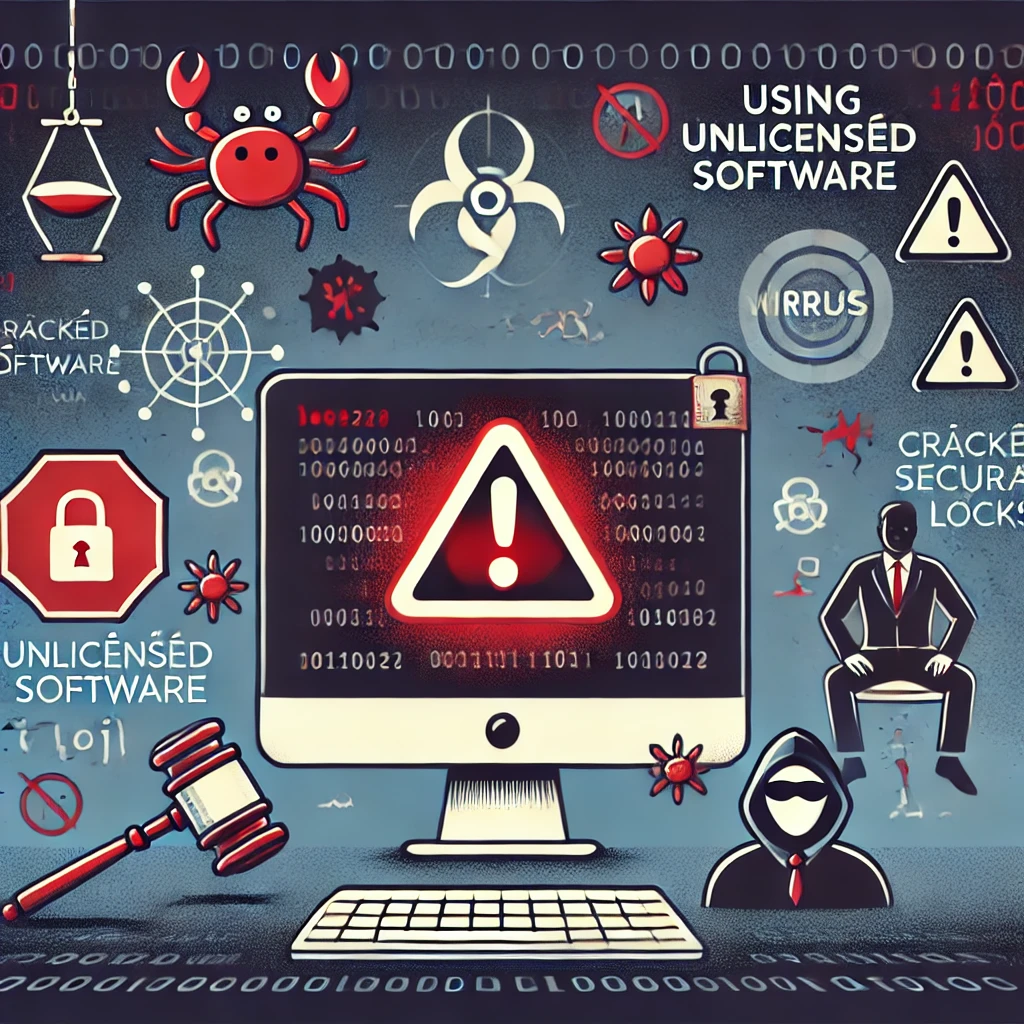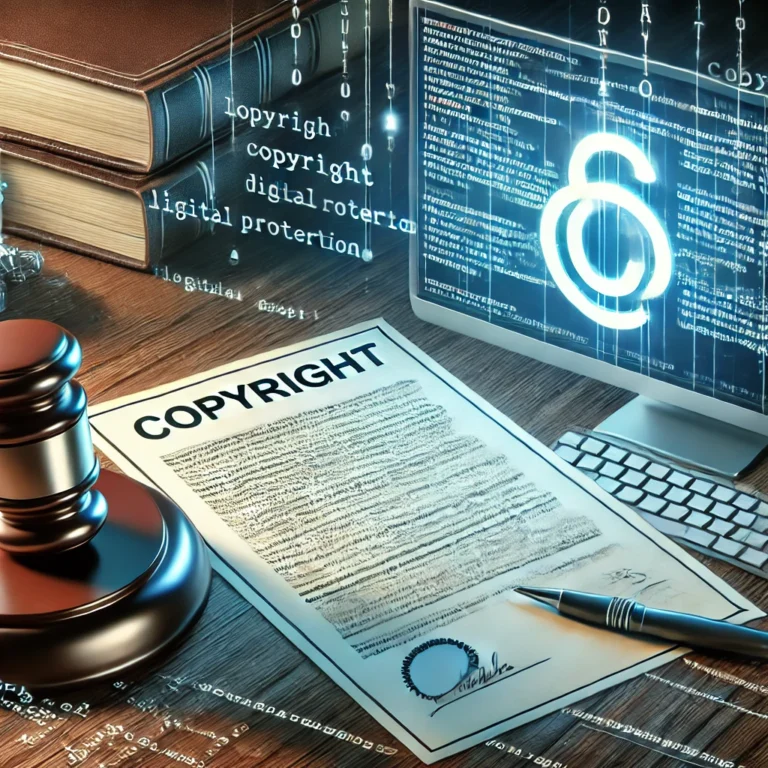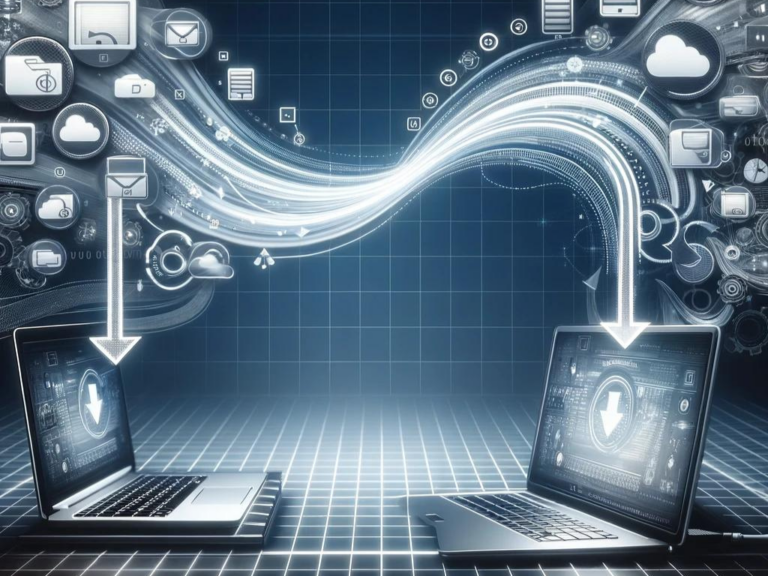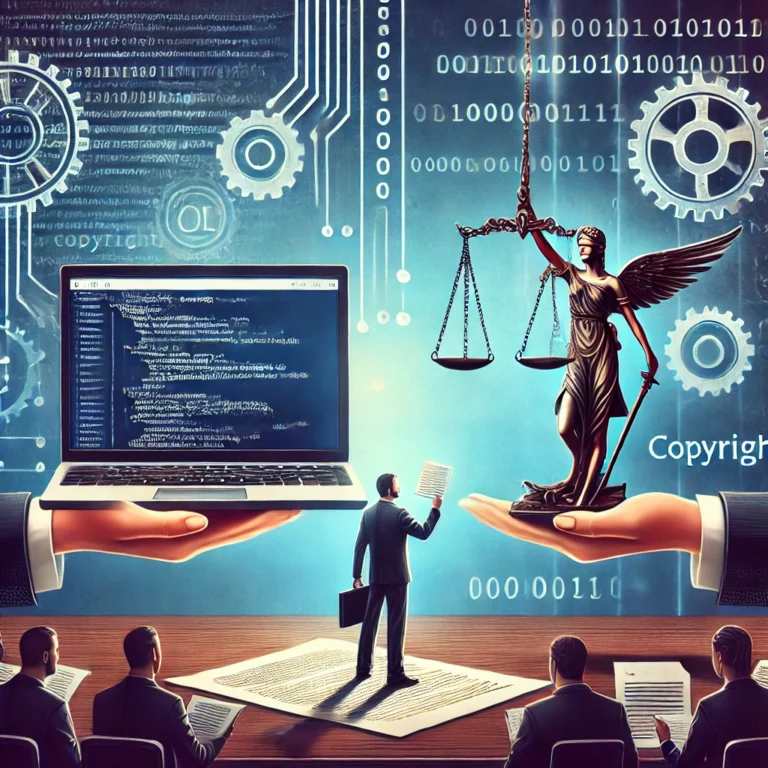Call us now:
Using unlicensed software in Vietnam, commonly referred to as “pirated software” or “cracked software.”

What is software copyright?
Software copyright refers to the legal protection granted to computer programs, source codes, and related materials. It includes the right to prevent others from copying, distributing, modifying, or using the software without the permission of the copyright holder.
Software usage copyright
Software usage copyright refers to the right to use the software under specific terms and conditions set by the developer or software owner. When purchasing or acquiring software, users typically buy the right to use the software, not to own it. This right is usually outlined in a license agreement or other terms of use.
Key points of software usage copyright include
Users are granted the right to use the software. This right is often granted for a single user (allowing only one person to use the software on one device) or for a business (allowing multiple users within an organization). The license may be for a limited period or for indefinite use.
The software usage license may limit the number of users, the number of devices on which the software can be used, or the purpose of software use (personal use or commercial use).
The licensee is prohibited from copying, redistributing, renting, or reselling the software to third parties without the consent of the copyright holder. Such actions are considered serious violations of intellectual property law.
Some software usage licenses include the right to receive software updates and technical support from the developer for a certain period.
If the licensee violates the terms of the software usage agreement, the copyright holder has the right to terminate the license and demand compensation for damages (if applicable).
In general, software usage copyright protects the rights of both developers and users by clearly defining the rights and obligations of the involved parties.
What is the use of unlicensed software?
The use of unlicensed software, often referred to as “pirated software” or “cracked software,” involves using software without legal permission from the copyright holder. This typically occurs when users install or run software without purchasing the rights from the software owner, use unauthorized copies of the software, or bypass software copyright protection mechanisms by using cracked versions, keygens, or other methods.
Consequences of using unlicensed software
Using unlicensed software can lead to serious consequences, affecting both individual users and businesses. Some of the key consequences include:
Legal risks
Using unlicensed software violates the intellectual property rights of the software owner. In Vietnam, this violation can result in administrative penalties, civil lawsuits, or even criminal prosecution, depending on the severity, scale, and nature of the infringement.
Being penalized by government authorities for using unlicensed software can have significant financial consequences for individuals and businesses. It can also damage reputations and disrupt business operations. Discovery of unlicensed software use can harm the credibility of individuals or organizations, especially in industries that require professionalism and strict legal compliance.
Security risks
Unlicensed software is often altered or bundled with malware, viruses, or spyware. Using such software can compromise a computer system, leading to data loss, system control loss, or theft of sensitive information.
Pirated software does not receive updates, patches, or upgrades from developers, resulting in outdated software with missing new features and increased security risks. Without updates from developers, pirated software typically contains numerous security vulnerabilities, increasing the likelihood of cyberattacks or unauthorized access. Users of pirated software also do not have access to technical support services from developers, making it difficult to fix errors or optimize the software’s use.
When issues arise due to pirated software, the costs of resolving them, such as restoring data, upgrading systems, and protecting against attacks, can be very high. Unlicensed software often operates unreliably, causing errors and work disruptions, which reduces the productivity of individuals or organizations.
In summary, using unlicensed software brings many negative consequences. Therefore, adhering to legal regulations and using licensed software is essential to protect individuals, organizations, and contribute to the sustainable development of the software industry.
Contact Us Now:
DCNH LAW
Address: 38B Tran Nhat Duat, Phuoc Hoa ward, Nha Trang city, Khanh Hoa province, Vietnam.
Phone: (+84) 343320223 – 974278893
Email: dcnh.law@gmail.com




